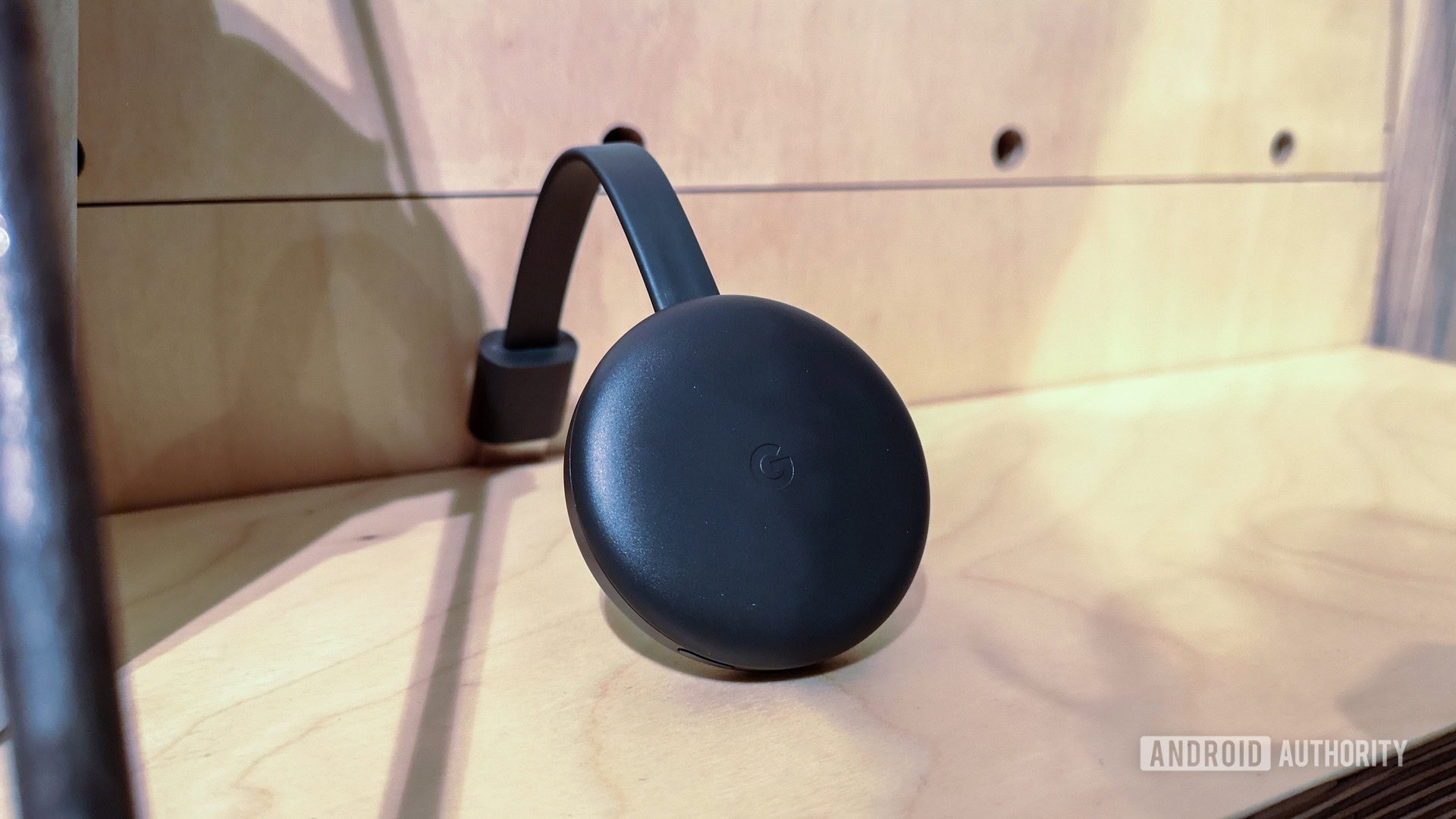Affiliate links on Android Authority may earn us a commission. Learn more.
Google Chrome: Its history and rise to market domination
Published onNovember 5, 2021

Even though some of its competition has been around for much longer, Google Chrome is easily the most popular web browser in the world. Since its launch, it has risen from last to first place, dominating the likes of Internet Explorer, Firefox, and Safari.
Today, let’s take a look at the history of Google Chrome, how it matured, and how it grew into market domination.
Building a better browser

Google Chrome debuted on September 4, 2008, when Google was looking to create a better, more modern browser. At the time, there were only two mass-market competitors since Safari was only available on Apple devices: Internet Explorer and Firefox. Internet Explorer was more widely adopted, but it was also harshly criticized. Firefox appeared to be a better offering, but it only had 30% of the market compared to Internet Explorer’s 60% share.
A few days before Google Chrome launched, Google released a blog post titled “A fresh take on the browser.” The post explained that they were releasing this new browser because they believed they could “add value for users and, at the same time, help drive innovation on the web.”
Chrome offered some huge benefits over the competition.
Google also explained that Chrome was an open-source initiative. The browser’s source code was made available to the public via its open-source counterpart, the Chromium browser, and Google pulled components from Apple’s WebKit and Firefox to develop it.
Naturally, the initial launch was for the beta version, which was first released on Windows. And while Windows saw a stable release three months later, Mac and Linux didn’t receive stable releases until May 2010.
Chrome offered some huge benefits over the competition. First of all, Google had more money and resources than most of the competition. Second, it built off of existing technologies and wanted to adhere to web standards. Third, Google saw Chrome as more than just a browser by developing it with rich, interactive web applications in mind. Lastly, it offered tab “sandboxing,” which kept the entire browser from crashing when one website crashed.
Read also: Should you switch to the Brave Web Browser?
Add these on top of a simple, easy-to-use piece of software that eventually became fully cross-platform, and it’s easy to see why Chrome is so widely adopted today. Google developed the right product at the right time and in the right way to enable Chrome to become king of the hill. From there, the history of Google Chrome had its path laid out.
Growing up

Google Chrome slowly developed into something bigger and better over the years. By 2010, it was completely cross-platform on the desktop, and in 2012, it was ported to Android and iOS.
In 2013, Google forked the component of WebKit it had been using for the last five years to create the Blink browser engine. The primary job of any browser engine is to translate HTML and other parts of a web page into what a user sees on their devices. Blink allowed more flexibility to add new features to Chrome, and pretty soon, every Chromium-based browser ran the browser engine as well.
Chrome slowly developed into something bigger and better over the years.
Since then, many other companies have also built their browsers on top of the open-source Chromium version, including browsers like Brave, Vivaldi, and Opera. Even Microsoft began retooling its Edge browser using Chromium as its base last year.
With so many browsers running Blink and other Google technologies under the hood, web standards became developed more and more with Chrome in mind. This cycle of dominance and web standards is one of the main reasons Google grew to claim more market share than all of its competitors combined.
Google had the money and engineers to develop a full-featured browser, and web standards became increasingly compatible with Chrome. Then, Google steadily gained more market share, giving Google the money to develop the browser even further. The cycle continues.
Read more:10 best privacy web browsers for Android
Eventually, Chrome became so capable that Google even developed an entire desktop operating system around it: Chrome OS. For the first time in the history of Google Chrome, full-service laptops were exclusively running a Google operating system.
Today Chromebooks are some of the most popular devices on the market. From the education industry to at-home browsing, ChromeOS has inserted itself directly in the center of the desktop computing space. And it all started with a fresh take on the browser.
More than a browser

Google Chrome and the web have changed a lot in the last few years. Google Chrome has obviously become more than just a browser. It has become such a consistent and reliable platform that it is almost as ubiquitous as Google itself.
Web applications continue to grow in popularity, web standards continue to develop, and Google Chrome is at the center of it all. It has become the default platform that developers design their web applications for.
According to StatCounter, Chrome accounts for nearly 64% of all browser usage on all platforms today. The only other browser that comes “close” is Safari, with nearly 15.5% thanks to iOS devices. Firefox comes in third at a mere 4.4%.
Chrome is a viable platform to develop for.
Whether it is an application running on Chrome OS or in the standard browser, Google Chrome is a viable platform to develop for. And with the addition of Android and Linux applications to Chrome OS devices, it is even a viable platform to develop on.
Maybe Google predicted the future when it created Chrome. Maybe Google helped shape the future to fit Chrome. Regardless, no matter how hard the competition tries to come back at Chrome, for now, Google has held firm on top.
Read also: How to show hidden passwords in any browser
With Firefox being the only competing browser that isn’t built on Chromium, who knows how the web will continue developing. Will Google Chrome maintain its market share indefinitely? Will Firefox’s recent development initiatives make it more competitive? Or will how we interact with the web fundamentally change before any of it matters? Regardless of what’s next, there’s no denying that the history of Google Chrome had an essential role in the internet’s recent history.